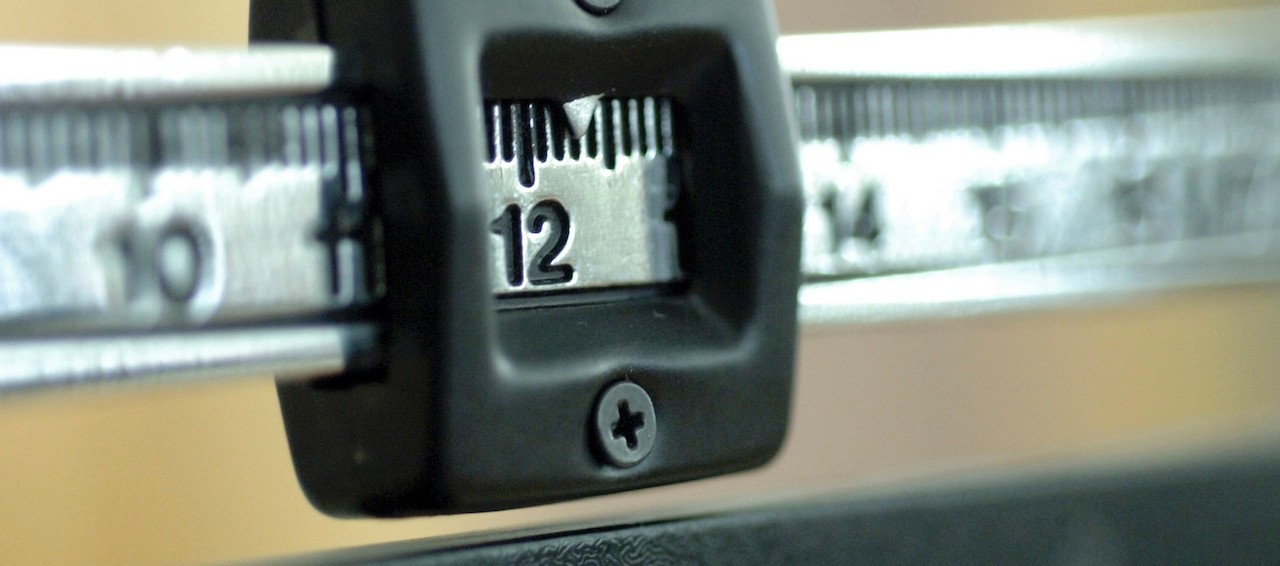Andrew Issekutz, MD
Division of Immunology, Professor (Post-Retired)

Email: andrew.issekutz@dal.ca
Mailing Address:
IWK Health Centre
PO Box 9700
5850-5980 University Ave.
Halifax, NS B3K 6R8
Biography
Dr. Andrew C. Issekutz is a Clinician Scientist and Pediatric Immunologist who joined Dalhousie and the IWK in 1979. His research program has focused on the mechanisms by which immune cells in the body respond to infection, injury and self-damaging responses such as allergy and autoimmune diseases, all of which are characterized by inflammation in body tissues. Some highlights of his contributions are the identification that a protein produced by immune cells, called TNF alpha is a key player in white blood cell ie. leukocyte invasion into joints in arthritis and causing joint damage and that neutralizing TNF had a therapeutic effect in experimental arthritis. This was well before treatments blocking TNF in patients were developed and shown to be very beneficial in rheumatoid and childhood arthritis. Dr. Andrew Issekutz’s work also helped define the important role of the selectin adhesion molecules on the blood vessel lining cells called endothelial cells in migration of leukocytes into sites of inflammation in allergic and autoimmune responses such as asthma and chronic arthritis. Selectin blocking monoclonal antibodies developed by Dr. A. Issekutz's lab for this research have been available to collaborators worldwide and helped define the role of selectins in conditions such as myocardial infarction and stroke, rejection after transplantation of organs, blood clotting and thrombosis, atherosclerosis (hardening of the arteries), and psoriasis.
Prior to his retirement in 2014 and thereafter Dr. A. Issekutz's interest has been on defining the mechanisms by which human immunoglobulin G (IgG) not only protects against infection, but when harvested from blood donations and administered intravenously (IVIgG), why it has therapeutic benefit for controlling excessive inflammation and autoimmune responses in several autoimmune and inflammatory diseases. This work has focused on identifying the effects of IgG on T and NK cell lymphocytes. A previously unrecognized effect of IVIgG in stimulating the proliferation of immunoregulatory NK cells, while also suppressing the killer function of the cytotoxic NK cell subset was shown. With division collaborators Drs. Beata Derfalvi and T. Issekutz these findings were confirmed in clinical studies of patients treated with IVIgG for Kawasaki Disease or neurological autoimmune - inflammatory conditions. Finally clinical investigations of our patients with rare and complex immune diseases, in conjunction with collaborators worldwide, have defined new and genetically identified defects in the immune system causing serious disease. Dr. A. Issekutz has a post-retirement appointment in Pediatrics and in the Division of Immunology and he is available in a research collaborative and advisory role.
Publications (Representative Recent)
- Watkin LB, Marrow M, Vargas-Hernandes A, Forbes LR, Stray-Petersen A, Issekutz TB, Issekutz AC, Lupski JR, Mace EM, Urban Z, Orange JS. Mutations in the Vacuolar H+-ATPase Subunit ATP6V0A2 associated with Cutis Laxa ARCL2A also cause NK Cell Deficiency. Under revision for resubmission to Blood.
- McAlpine SM, Roberts SE, Heath JJ, Käsermann F, Issekutz AC, Issekutz TB, Derfalvi B. High Dose Intravenous IgG Therapy Modulates Multiple NK Cell and T Cell Functions in Patients With Immune Dysregulation. Front Immunol.2021 May 19;12:660506.
- Brigida I, Zoccolillo M, Cicalese MP, Pfajfer L, Barzaghi F, Scala S, Oleaga-Quintas C, Álvarez-Álvarez JA, Sereni L, Giannelli S, Sartirana C, Dionisio F, Pavesi L, Benavides- Nieto M, Basso-Ricci L, Capasso P, Mazzi B, Rosain J, Marcus N, Lee YN, Somech R, Degano M, Raiola G, Caorsi R, Picco P, Moncada, Velez M, Khourieh J, Arias AA, Bousfiha A, Issekutz T, Issekutz A, et. al. T-cell defects in patients with ARPC1B germline mutations account for combined immunodeficiency. Blood. 2018 Nov 29;132(22):2362-2374.
- Issekutz AC, Derfalvi B, Käsermann F and Rowter DJ. Potentiation of cytokine-induced proliferation of human Natural Killer cells by intravenous immunoglobulin G. Clin Immunol 161(2):373-383, 2015.
- McKelvie B, Top K, McCusker C, Letenyi D, Issekutz TB and Issekutz AC. Fatal pneumococcal meningitis in a 7-year-old girl with interleukin-1 receptor activated kinase deficiency (IRAK-4) despite prophylactic antibiotic and IgG responses to Streptococcus pneumoniae vaccines. J Clin Immunol 34(3):267-71, 2014.
- Liu Y, Jesus AA, Marrero B, Yang D, Ramsey SE, Montealegre Sanchez GA, Tenbrock K, Wittkowski H, Jones OY, Kuehn HS, Lee CC, DiMattia MA, Cowen EW, Gonzalez B, Palmer I, DiGiovanna JJ, Biancotto A, Kim H, Tsai WL, Trier AM, Huang Y, Stone DL, Hill S, Kim HJ, St. Hilaire C, Gurprasad S, Plass N, Chapelle D, Horkayne-Szakaly I, Foell D, Barysenka A, Candotti F, Holland SM, Hughes JD, Mehmet H, Issekutz AC, Raffeld M, McElwee J, Fontana JR, Minniti CP, Moir S, Kastner DL, Gadina M, Steven AC, Wingfield PT, Brooks SR, Rosenzweig SD, Fleisher TA, Deng Z, Boehm M, Paller AS and Goldbach-Mansky R. Activated STING in a vascular and pulmonary syndrome. N Engl J Med 371(6):507-18, 2014.
